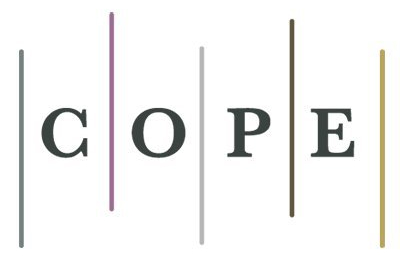Collective and Networked Learning Developed in Enterprises Formed by Women in the Solidarity Economy: A PostColonialist Analysis of a Feminist Self-Management Practice
Keywords:
solidarity economy, cooperation networks, self-management, feminist self-management practices, collective learningAbstract
This research arises from studies of women's management practices from the place of selfmanagement within the scope of the Feminist Solidarity Economy Network (Resf) and, therefore, the term feminist practices of self-management was developed throughout the research, considering the practices that are performed in the Solidarity Economy (ES). The objective of this research is to identify and analyze one of the feminist practices of self-management observed in the field: the development of collective and networked learning. The main theoretical contributions used to mediate the discussion are based on studies of feminist management practices, on the perspective of substantive rationality, on studies on organizational learning and the post-colonialist view that adheres to the context of women in the SE. The data collection was implemented based on thematic oral history in semi-structured interviews with women from Resf and direct and indirect field observation between the years 2018 and 2021, recorded in fielddiaries. The perspective adopted for data analysis is critical discourse analysis. The results point to the following findings: (I) no hierarchization of the organization of learning practices; (II) intense exchange of information inside and outside the network based on reciprocal ties; (III) a form of
learning that prioritizes experiences with a system of activities in which knowing is not separated from doing. For the women, knowledge is integrated and distributed in the life of the community, which necessarily requires the involvement that comes from the sense of belonging and mutual care that unites them.
Downloads
Downloads
Published
How to Cite
Issue
Section
License
This work is licensed under a Creative Commons Attribution 4.0 License.
The O&S adopts a Creative Commons Attributions License 4.0 in all published works, except where specifically indicated by copyright holders.





